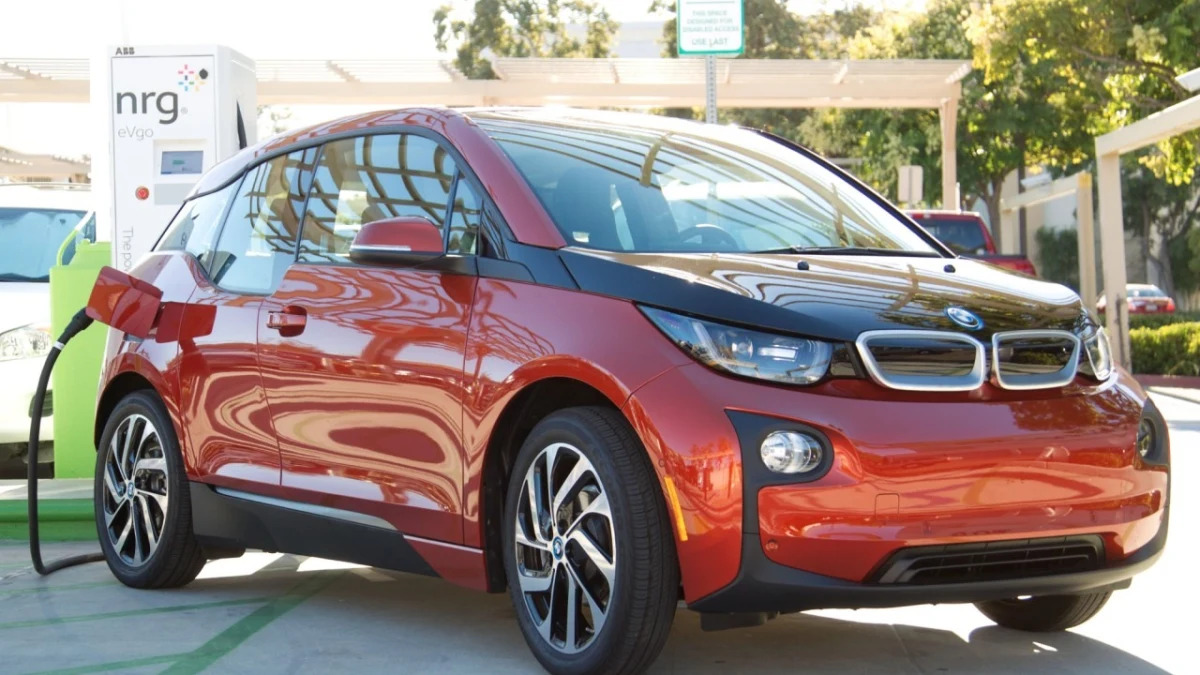Even though plug-in electric vehicle (EV) sales were much higher in 2013 than the previous year, arguments are being made that government policies are failing. An opinion piece in Energy Policy, for example, opposes federal policies incentivizing EVs and calls them inefficient and ineffective. The main thrust of the argument is that the incentives are too focused on the mainstream and could be better targeted at niche markets and early adopters. In other words, the $7,500 federal tax credit is the wrong way to promote EVs.
Current government policies hurt efficiency and effectiveness, the authors claim, since a mainstream market bias is inefficient and costly. The authors say achieving "societal benefits" would be better achieved by reaching smaller, targeted audiences through "strategic niche management, accessible loans and financing, and appropriately targeted incentives."
Of course, we're pretty sure the article's premise would be argued against by many stakeholders in the EV field. The article is not a comprehensive think-tank research paper with lots of stat charts like you might see from Navigant Research. Instead, it's an opinion piece in the February 2014 issue of Energy Policy by three authors with seemingly impressive credentials – one is a green energy consultant, one works at the University of Michigan and the third at the Rochester Institute of Technology. Even so, we don't think this is an argument we've going to get behind. You?
The article suggests we rethink what EVs are really all about. Its premise is that EVs are supposed to provide an opportunity to reduce energy use and emissions in transportation – not to hit big sales numbers. Government policies should not worry so much about mainstream consumers and instead should focus on niche markets (one might say microniche markets), things like carsharing and postal fleets. Early adopter segments should also be included in the formula.In other words, the $7,500 federal tax credit is the wrong way to promote EVs.
Current government policies hurt efficiency and effectiveness, the authors claim, since a mainstream market bias is inefficient and costly. The authors say achieving "societal benefits" would be better achieved by reaching smaller, targeted audiences through "strategic niche management, accessible loans and financing, and appropriately targeted incentives."
Of course, we're pretty sure the article's premise would be argued against by many stakeholders in the EV field. The article is not a comprehensive think-tank research paper with lots of stat charts like you might see from Navigant Research. Instead, it's an opinion piece in the February 2014 issue of Energy Policy by three authors with seemingly impressive credentials – one is a green energy consultant, one works at the University of Michigan and the third at the Rochester Institute of Technology. Even so, we don't think this is an argument we've going to get behind. You?










Sign in to post
Please sign in to leave a comment.
Continue